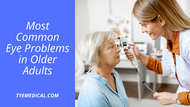Most Common Eye Problems in Older Adults
Written by TYE Medical on Oct 10th 2023
Your eyes aren’t exempt from the many effects of aging. According to the American Academy of Family Physicians, about 30% of older adults experience some form of vision loss or eye disease by the age of 65. But you can be proactive in caring for your eyes and sight as you age. Continue to get regular, preventative eye care and screenings. This not only ensures that any changes in prescription are corrected but also allows you to catch the early signs of disease. But how exactly does aging affect your eyes, and what are the most common eye problems in older adults that you should watch for?
Some eye issues can affect you at any age but are more likely to occur in older adults. These aren’t necessarily “diseases” but reflect changes in vision that can be uncomfortable or inconvenient at best.
Presbyopia (Loss of Close-Up Vision)
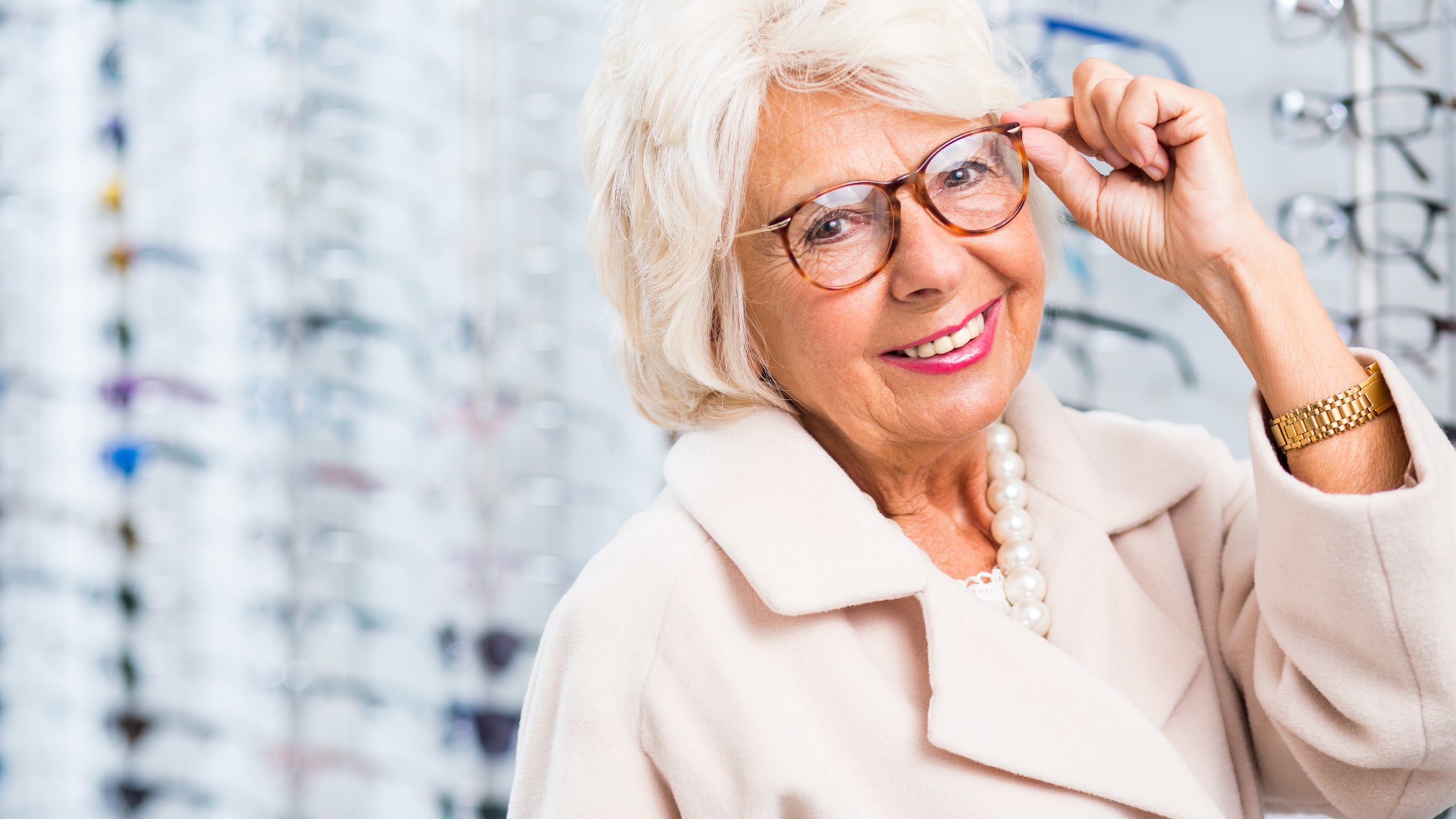
Many people find themselves in their local pharmacy buying “readers” somewhere in their 40s and definitely by the time they reach their 50s. It might be difficult to see small print or images at this age. But it’s just a part of getting older that happens gradually with the passing years. If you find yourself stretching your arms out to better read the fine print, you might have presbyopia. And this could be why you get more headaches and eye strain when working with things up close. It’s just an indication that it's time for a pair of reading glasses or bifocal/multifocal lenses.
Floaters and Flashers

Sometimes eye doctors ask if you’re seeing “floaters”. These are tiny black spots that float around your field of vision. Bright lights, well-lit rooms, and sunny days tend to trigger them. Floaters are often normal but in older adults, it sometimes indicates a serious eye problem like retinal detachment. This is especially true if you see flashes of light along with floaters. If this happens to you, be sure to see an eye doctor as soon as possible.
Keratoconjunctivitis Sicca (Dry Eyes)
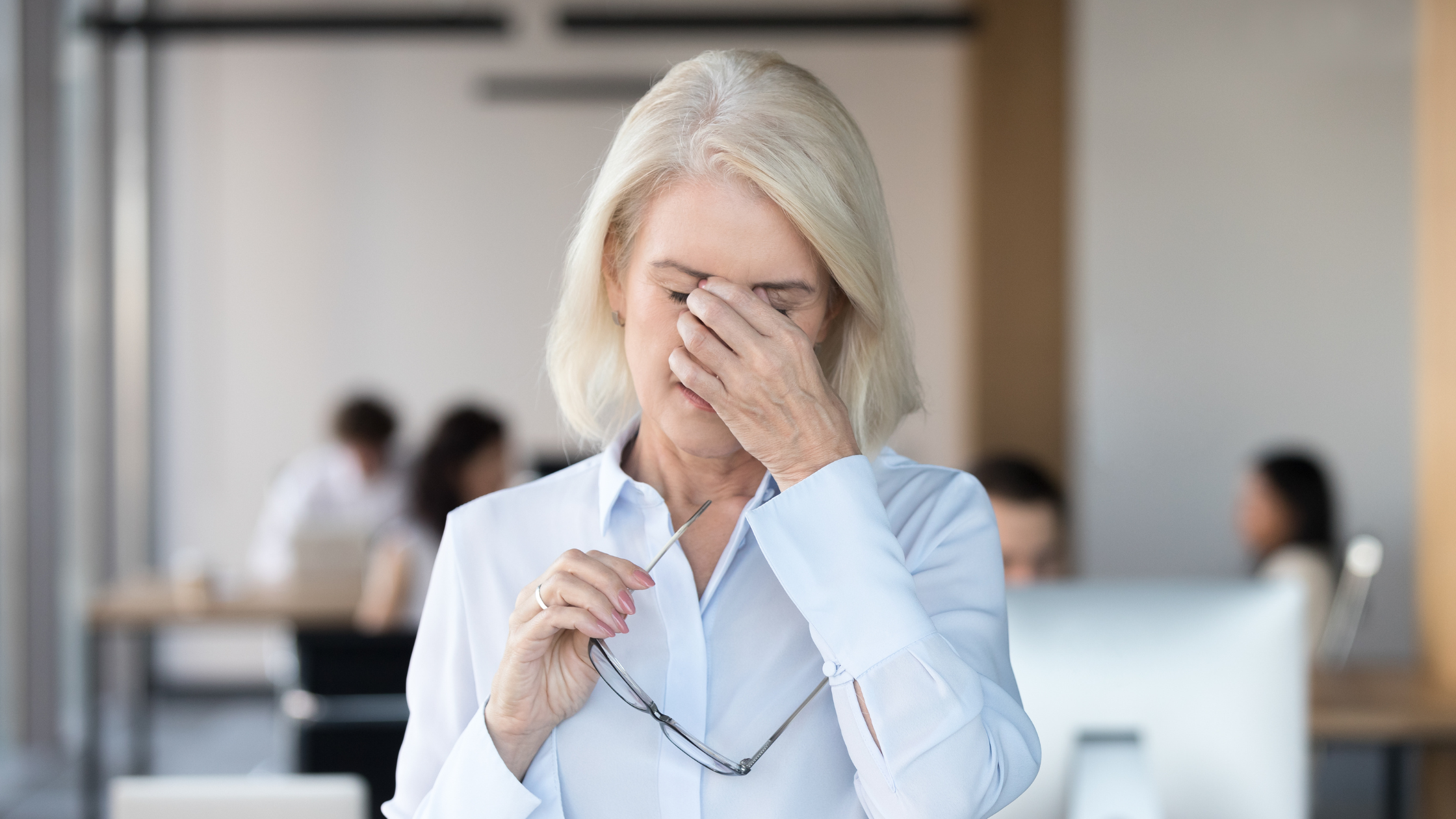
As you age, your tear glands may struggle to produce enough moisture to properly lubricate your eyes. Not only can this be uncomfortable and cause itchy, burning eyes but also potential vision loss. Eye doctors often recommend using special eye drops that act as real tears or that you use a humidifier at home. In the most serious cases, surgery could be recommended.
Epiphora (Tearing, Watery Eyes)

The aging process can be confusing, and each person experiences it in a unique way. So, while some might suffer from dry eyes, you might notice your eyes growing more sensitive and watery. Sensitivity to light, temperature changes, wind can trigger excessive tear production. The more sensitive your eyes, the more your eyes may water. While this can be bothersome and annoying, you can reduce the effects when you protect your eyes with sunglasses. But it’s not always that simple. Watery eyes could also indicate an eye infection or a blocked tear duct. Consult with your eye doctor to determine the cause of your watery eyes.
Cataracts
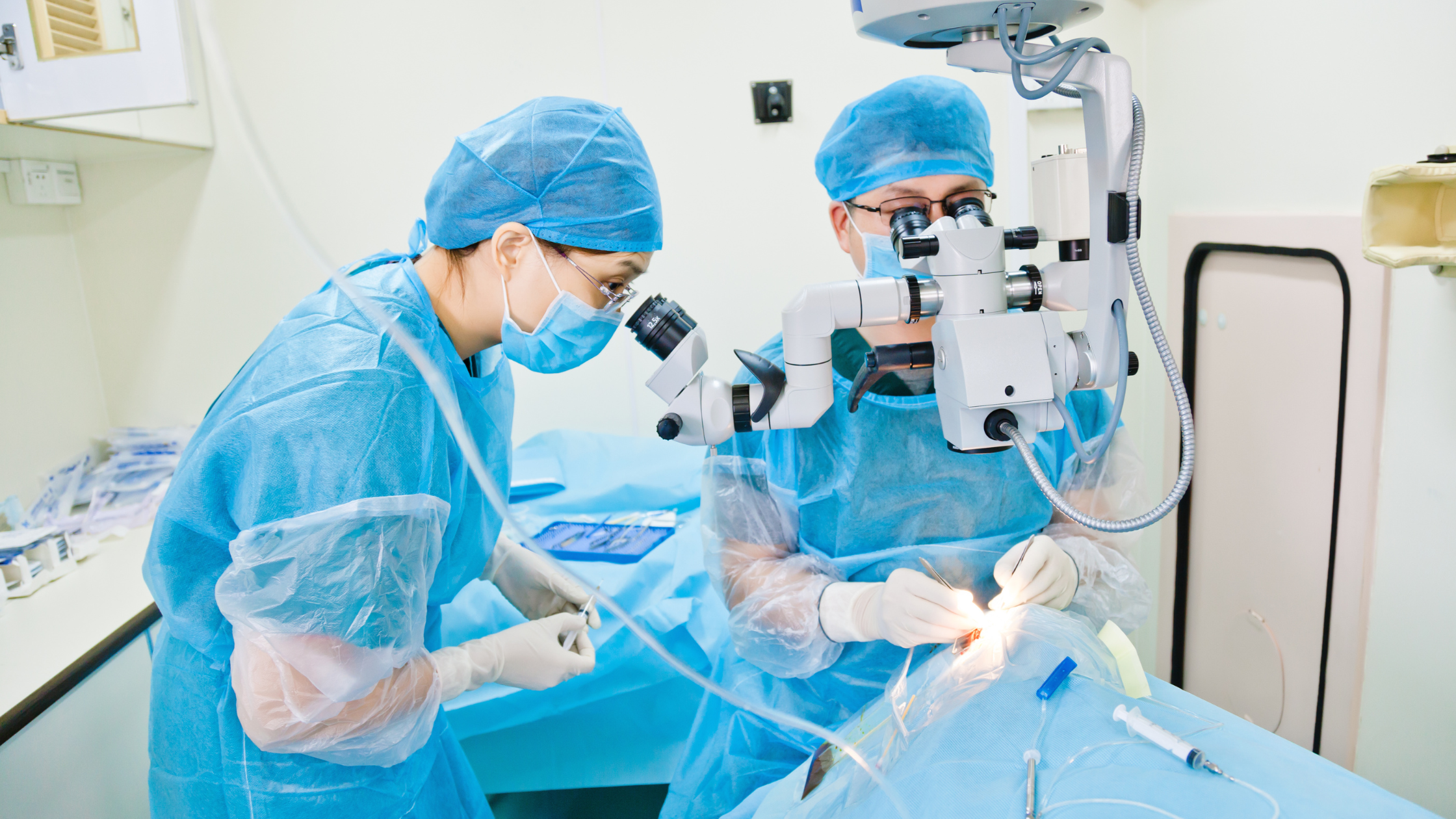
These days, cataract surgery is a very safe and simple procedure, at least in most cases. It's one of the most common surgeries performed today. But the condition is serious enough to warrant surgery, which means it’s something to pay attention to. Eye drops won’t fix it. Cataracts are cloudy areas that develop on your eye lens and obstruct your vision. Your vision worsens, but it’s not because of the eye itself. Your vision declines as the cataract prevents light from filtering through your eye lens to the retina at the back of your eye. This causes blurry vision but isn’t painful.
Cataracts form slowly over a long period of time. If you’re lucky, the cataracts will remain small and not grow large enough to impact your vision. But as they enlarge and thicken, your vision will definitely be impacted. Surgery allows the surgeon to entirely remove the cloudy lens and replace it with a new, clear plastic lens. This restores eyesight to your still basically healthy eye.
Glaucoma
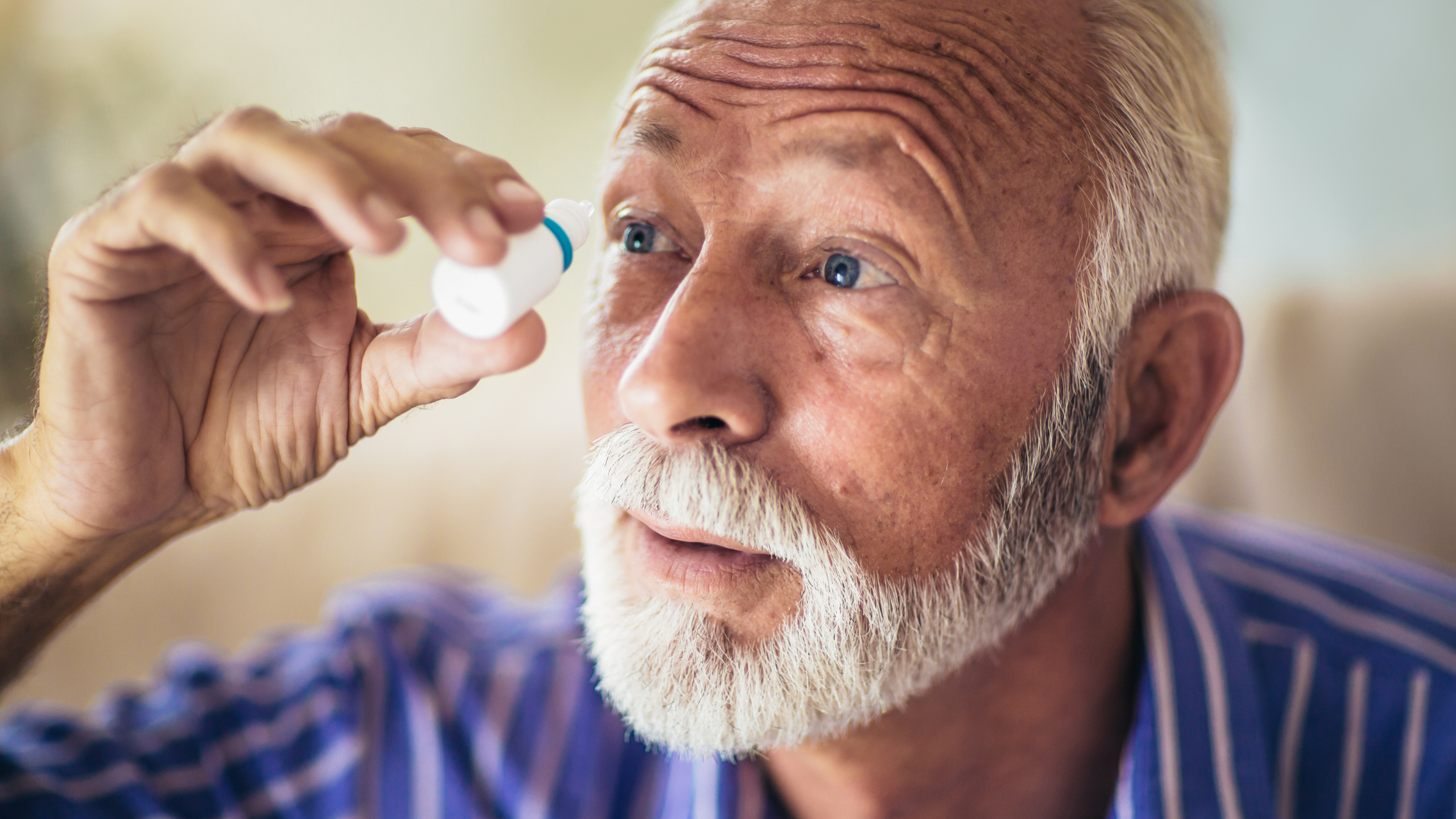
You’ve probably heard of glaucoma, but what is it? It’s caused by increased pressure in your eye. But left untreated, it can lead to permanent vision loss and blindness. And this can occur without any symptoms. Age, race, heredity, diabetes, and some medications increase your risk of developing glaucoma
Most people never experience early symptoms or pain from the increasing eye pressure. The best way to detect glaucoma is through a specific eye exam designed for this purpose. If you’re diagnosed with glaucoma, your eye doctor may recommend various treatments such as eye drops, oral medications, or laser surgery.
Takeaways for Aging Eyes

You’ve probably noticed that your body demands more attention with age. But don’t forget about your eyes. They also need attention with regular exams and maybe even some pampering. If anything seems out of the ordinary, even if it’s not a big deal to you, it’s worth seeing your doctor to ensure there isn’t a more serious underlying cause. Vision is precious, so be sure to take care of your eyes as you age.

